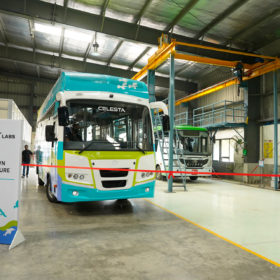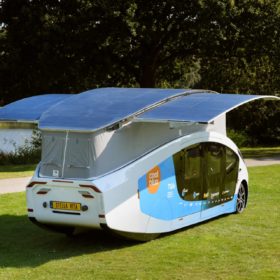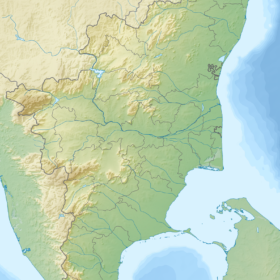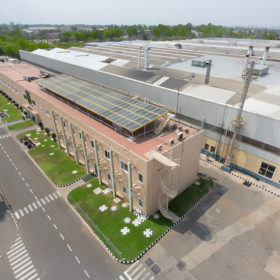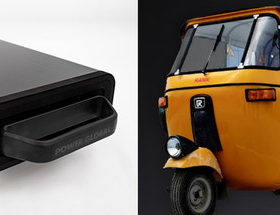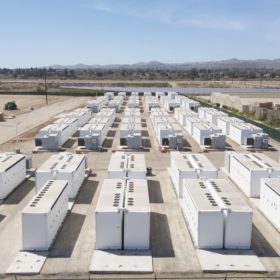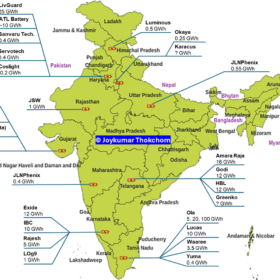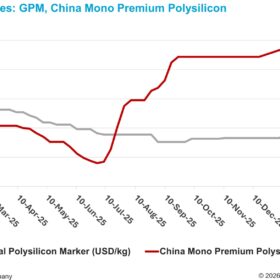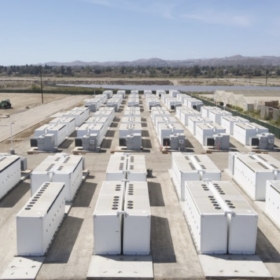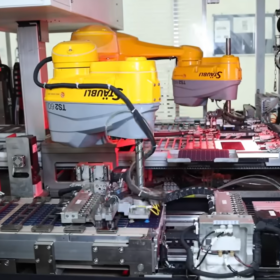Green Energy push for future sustainability in India
The core objective of renewable energy deployment in India is to promote economic growth, enhance energy security, increase energy access, and reduce climate change. Sustainable development is possible by the use of clean energy and by ensuring access to affordable and reliable energy for every citizen.
Hydrogen fuel cell bus made in India
Sentient Labs has launched a hydrogen fuel cell bus that runs on an indigenously developed hydrogen fuel cell and electric powertrain. The hydrogen fuel cell was developed in collaboration with the National Chemical Laboratory (NCL) and Central Electro Chemical Research Institute under the aegis of the Council of Scientific and Industrial Research.
Electric mobility startup Matter to invest INR 1,500 crore in Gujarat
The Ahmedabad-based technology startup has committed to funding INR 1,500 crore in electric vehicles and energy storage over the next five years in the state.
Your next package delivery could be solar powered
There is still much to debate over the benefits of moving a vehicle via solar, but the market has been getting creative and is evolving quickly.
Magenta to invest US$33.6 million in Tamil Nadu
The company will invest INR 250 crore for the R&D and manufacturing of cutting-edge technologies in the e-mobility segment.
TVS Motor commits US$161.2 million of electric vehicle investment in Tamil Nadu
The company has signed a memorandum of understanding with the state government to invest INR 1,200 crore for the design, development and manufacturing of new products and capacity expansion in the electric vehicles space.
Power Global lithium batteries to drive Rap Eco Motors’ 50,000 EVs
The US-based startup, which has a battery production plant in Greater Noida, has landed a deal to supply its swappable lithium-ion battery technology to Hyderabad-based Rap Eco Motors.
Tata Power crosses 1,000 EV charging stations milestone
Tata Power has become India’s largest electric vehicle (EV) charging solutions provider with the deployment of over 1,000 EV charging stations in the public domain.
Enabling the transition to electric mobility
Parity in the total cost of ownership already exists for electric two-wheelers and three-wheelers (with subsidy) vis-à-vis their internal combustion engine counterparts. Policy impetus, coupled with the production-linked incentive (PLI) scheme for batteries and auto components (exclusively covering EVs), is likely to further reduce costs and accelerate the transition to electric vehicles (EVs). The transition will also open up the market for new-age companies and innovators across the value chain.
Supply shortages likely to hit utility energy storage as EV demand grows, IHS Markit says
Cell manufacturers are expected to prioritize larger customers in the automotive industry over relatively small energy storage system integrators.

